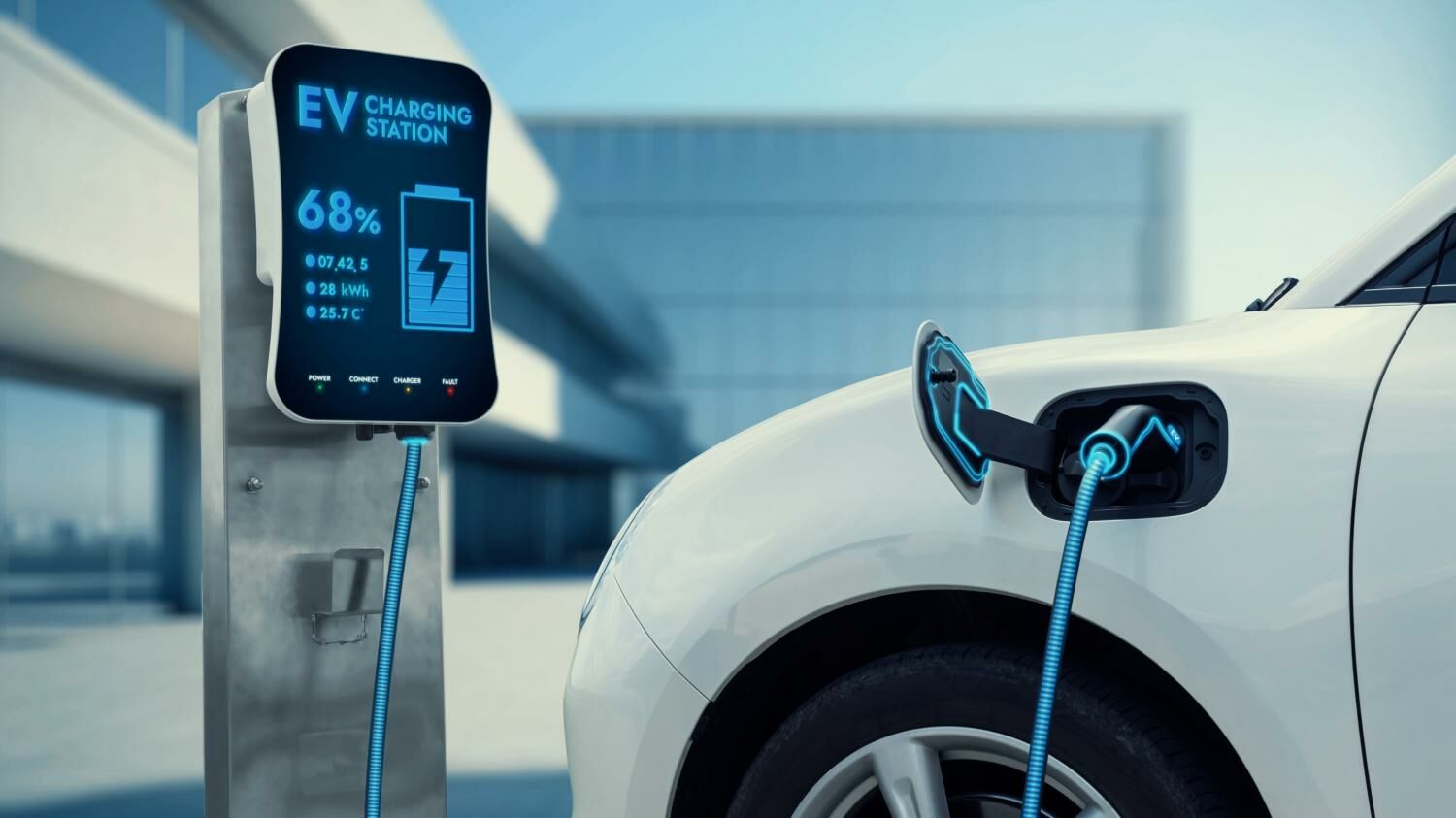Charged up: Thailand greenlights 7.12 billion baht EV subsidy

The Thai Cabinet has sanctioned the allocation of 7.12 billion baht (US$218 million) from the central reserve budget to support the electric vehicle (EV) subsidy program. This decision was announced following the weekly Cabinet meeting yesterday, September 24.
Jirayu Huangsab, an advisor to the prime minister, confirmed that the allocated budget will subsidise buyers of EVs and motorcycles who have already purchased their vehicles but have not yet applied for the government subsidy under the EV promotion measures.
Since the inception of the EV promotion measures, 55,000 electric vehicles have received subsidies amounting to 6.87 billion baht (US$210 million). There is still a budget of over 5 billion baht (US$153 million) pending disbursement.
Under the initial phase of the EV 3.0 promotion, the Excise Department provided subsidies of up to 150,000 baht (US$4,600) for EVs priced under 2 million baht (US$61,240) and up to 18,000 baht (US$550) for electric motorcycles priced below 150,000 baht (US$4,600).
The government disburses these subsidies directly to car manufacturers. Once EV buyers register their vehicles, they can request the manufacturer to claim the subsidy.
Thailand has set a target for EVs to comprise 30% of total vehicle production by 2030, aiming for a 40% reduction in greenhouse gas emissions by that year from current levels.
EVs are expected to align with sustainable development goals, reducing carbon dioxide emissions significantly from production to usage.
Under the EV 3.0 scheme, EVs priced below 2 million baht (US$61,240) with battery capacities smaller than 30 kilowatt-hours receive a subsidy of 70,000 baht (US$2,140) per vehicle, while those with batteries of 30 kilowatt-hours or larger receive 150,000 baht (US$4,600) per vehicle.
The subsequent phase, EV 3.5 (2024-2027), offers subsidies for EVs priced below 2 million baht (US$61,240) with batteries of 50 kilowatt-hours or larger, ranging from 50,000 to 100,000 baht (US$1,530 to 3,060) per vehicle. Vehicles with batteries smaller than 50 kilowatt-hours receive subsidies between 20,000 and 50,000 baht per vehicle (US$610 to 1,530).
These incentives have spurred significant investment, with various manufacturers establishing production bases in Thailand, resulting in investments surpassing 80 billion baht (US$2.4 billion), reported Bangkok Post.
The measures stipulate that by 2024, participants must produce EVs domestically to offset imports equivalent to the volume of sales that received government subsidies. If this requirement is not met by 2024, participants must produce 1.5 times the sales volume by 2025. This rule has prompted manufacturers to establish production bases in Thailand, fostering new investments and industries.
































